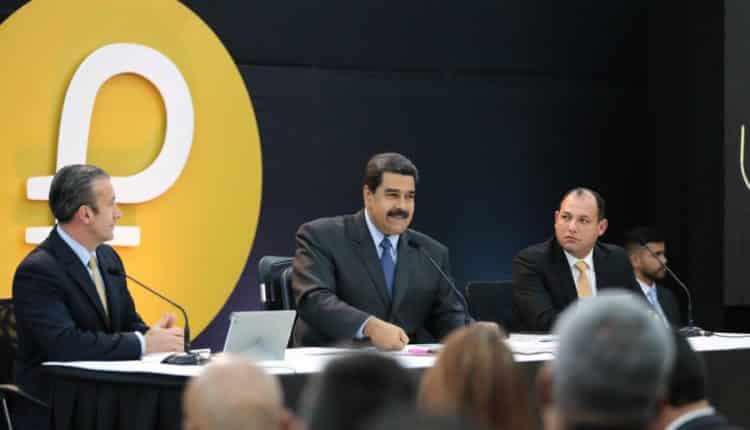on the crypto
After Venezuela, which adopted the Petro as a national cryptocurrency with the clear intention of bypassing the economic difficulties caused by the US embargo, now another South American state could decide to opt for digital assets. It is aboutArgentina, where the real economic collapse caused by the very high levels of inflation, which have been traveling around 50% for a long time, is causing ever more evident difficulties for the part of the population that does not sail in gold. A level that has not been scratched even by the recent measures taken by the central bank, which has adjusted interest rates to the 67%.
The weakening of the resulting weight, however, has not affected the inflation levels, pushing more and more Argentines to the "dollarization" of portfolios. A vicious circle increasingly similar to the one that drove the Caracas government to launch the Petro.
Now Macrì also seems to think of a digital uniform
The one currently experienced is a situation that Argentina had already tested with 2002 default and which consequently pushed the Argentine President Mauricio Macri to show a growing interest in cryptocurrencies and blockchain technology. Official steps have already been made in March, when the Government announced a partnership with Binance Labs, a company linked to the famous cryptocurrency exchange.
A move which was followed by other steps towards an ever-increasing digitization of the economy. Self are already 37 the Argentine cities that have decided to accept Bitcoin as a payment method for public transport services, or for that SUBE card used by seven million people, it should also be emphasized as second CoinMap are over 260 the operators of the Country, of which almost 200 in Buenos Aires alone, who do not have problems to accept Bitcoin payments. Furthermore Coin ATM Radar signals the presence of 8 branches able to treat Bitcoin, making Argentina the second country of the Latin American continent capable of doing so, after Colombia, which boasts 40.
A process, the one that is spreading more and more the BTC, moreover not very recent, if you think like already in the 2014 there were thousands of shops in the country that allowed them to buy small quantities.
The 2018 was the key year
In this narrative of the progressive thrust of the Argentine economy towards digital assets, a key role belongs to the 2018, the year in which start-ups, companies of the most varied sectors and digital organizations have turned with ever greater decision towards Bitcoin, starting Banco Masventas (BMV), which not only allowed customers to use the virtual currency attributed to Satoshi Nakamoto for international payments, but also decided to declare the shift from the SWIFT network commonly used by international banks.
An event which was followed by the revelation of the plans of Odissey Group aimed at installing up to 1.600 Bitcoin ATMs within the 2019, even if the announcement for now has remained at the level of intention.
But it was precisely the Binance Labs that took action with ever greater force in this regard, considering how Argentina presents the ideal conditions to become a country increasingly oriented towards the digital economy. After holding meetings in Cordoba and Buenos Aires during the 2018, with its number one, Ella Zhang and director Ling Zhang, the institution has in fact provided select the capital as a regional hub for the Binance Labs incubation program for Latin America, which opened its second season in March of this year. However, finding fertile ground in the Argentine government, considered as the Acceleration Program of the Ministry of Production and Labor has offered up to 50mila grant dollars on every project in which it invests Binance Labs. Over a four-year period, the Argentine government will combine investments from Binance Labs and LatamEx, through Founders Labs, for up to 10 projects per year focused on blockchain technology.
What will the next moves be?
The economic situation in Argentina seems to resemble more and more the one that forced Maduro to launch the Petro, even if the inflation levels of the two countries are not comparable for now. The very fact that in conjunction with inflation rates that continue to grow by devouring the purchasing power of weight, the use of Bitcoin (see bitcoin guide) has continued to rise it can only be seen as a sign of distrust on the resolving abilities of the central bank and the government. If it is still risky to bet on the next launch of an Argentine cryptocurrency managed at the state level, a further weakening of the traditional currency could open the door to a hypothesis of this kind, precisely in consideration of the fact that it would fall into an extremely favorable framework for digital assets.


